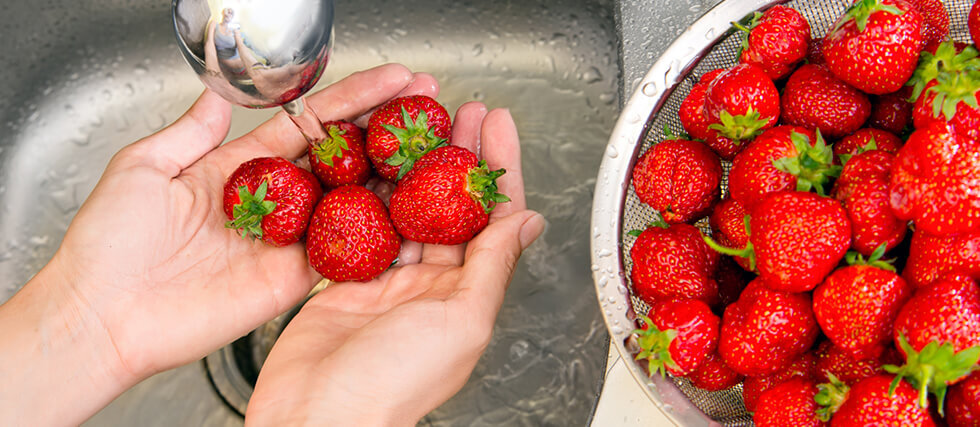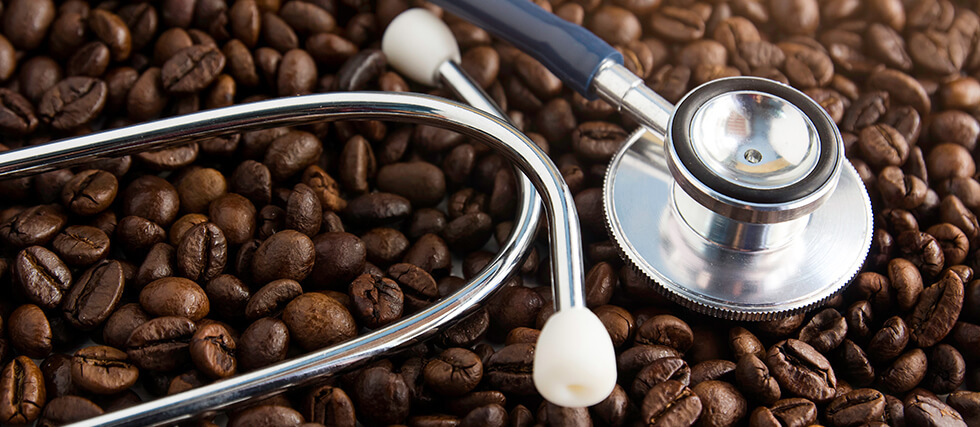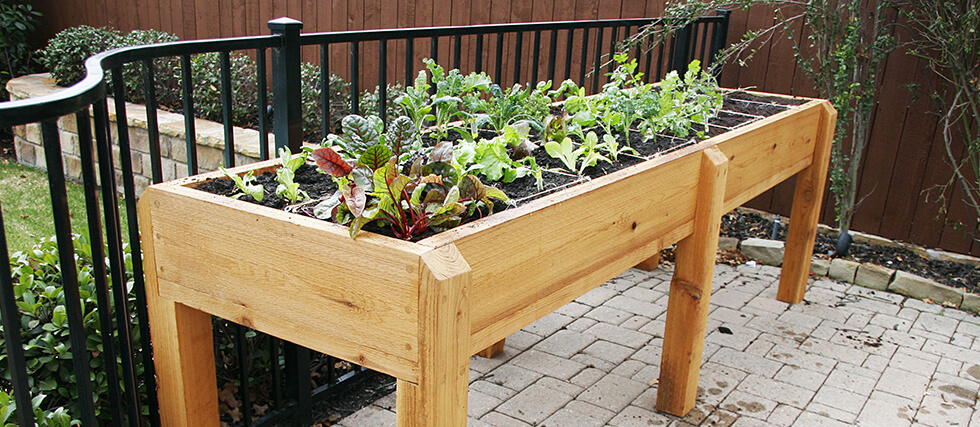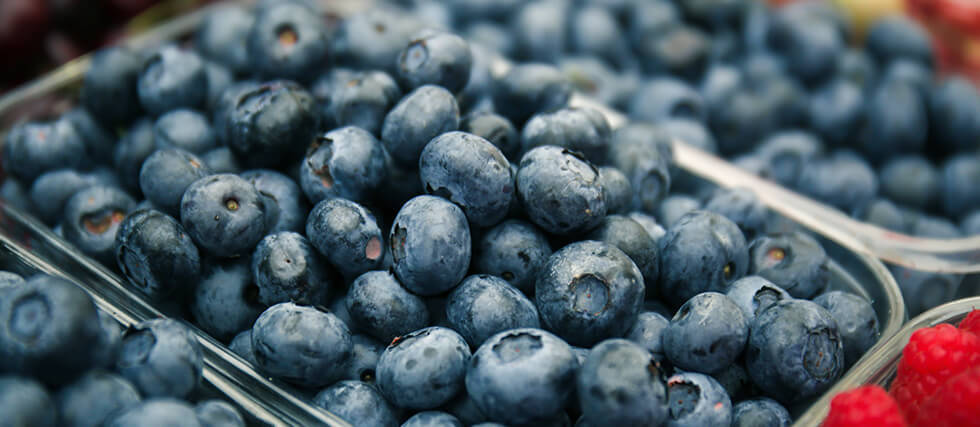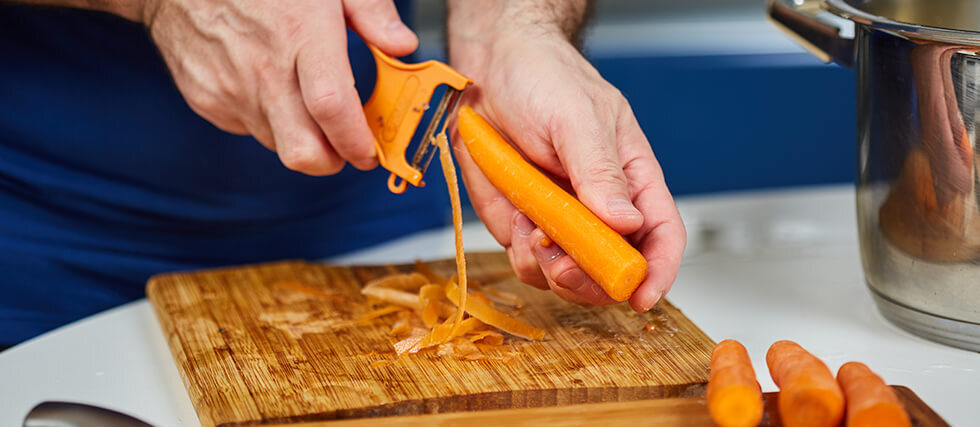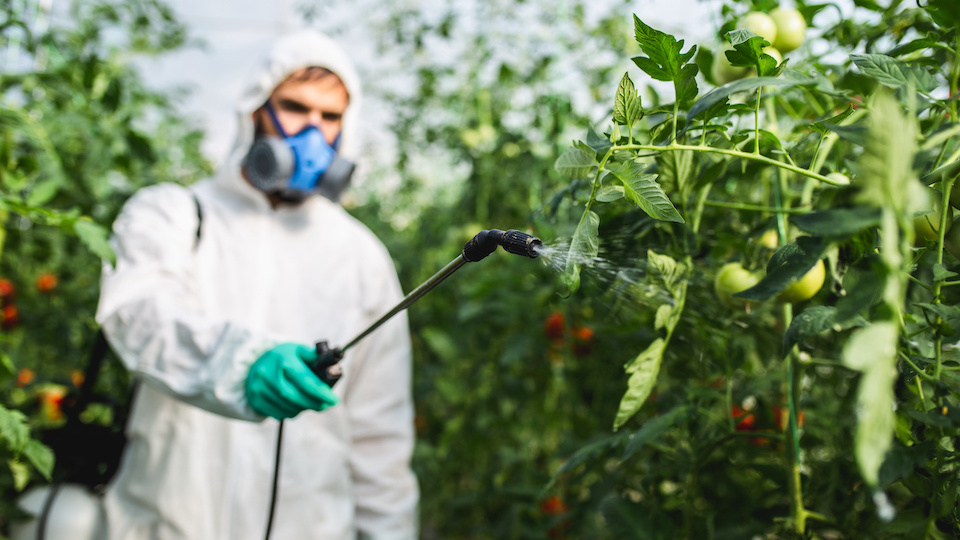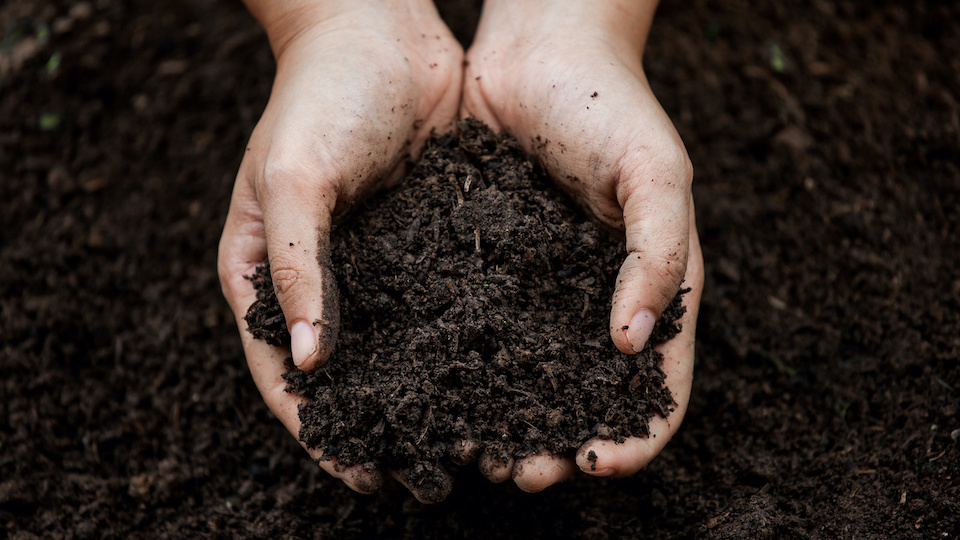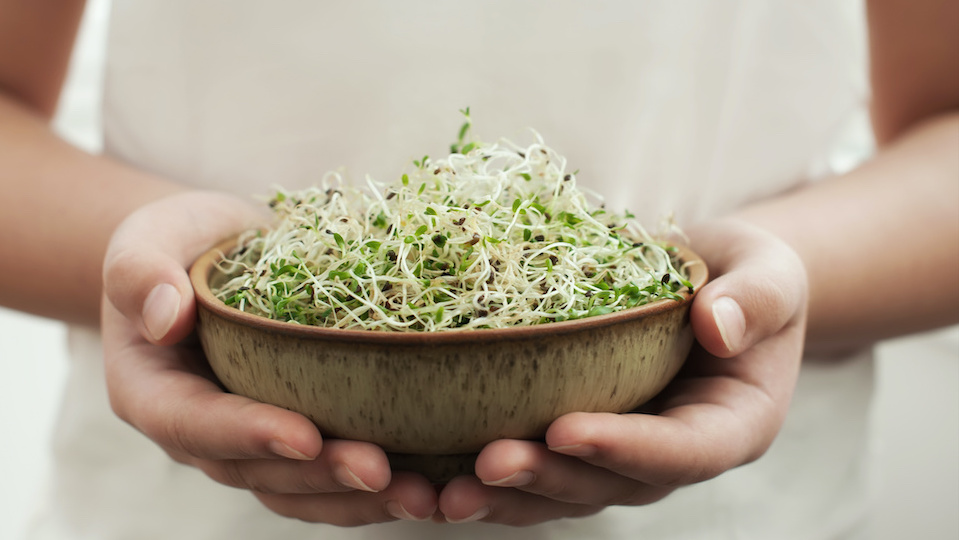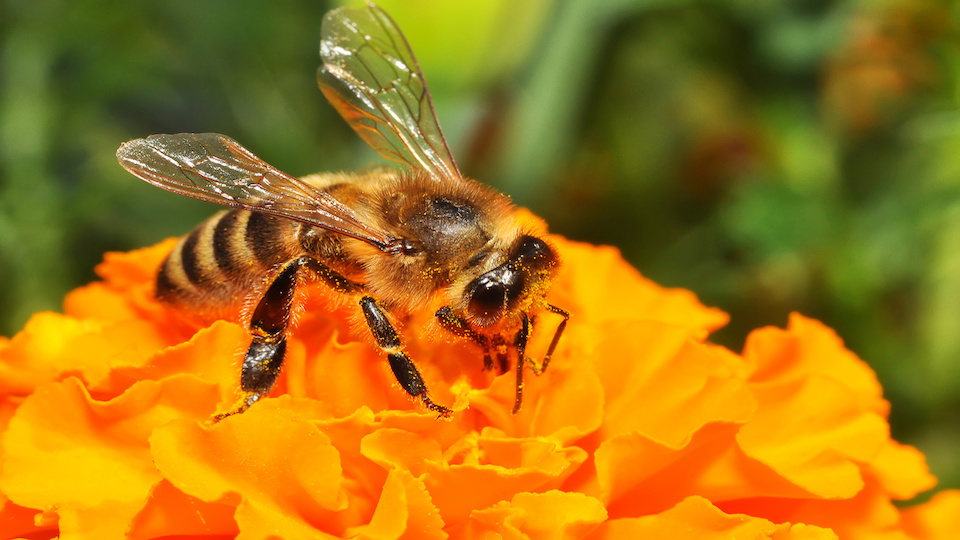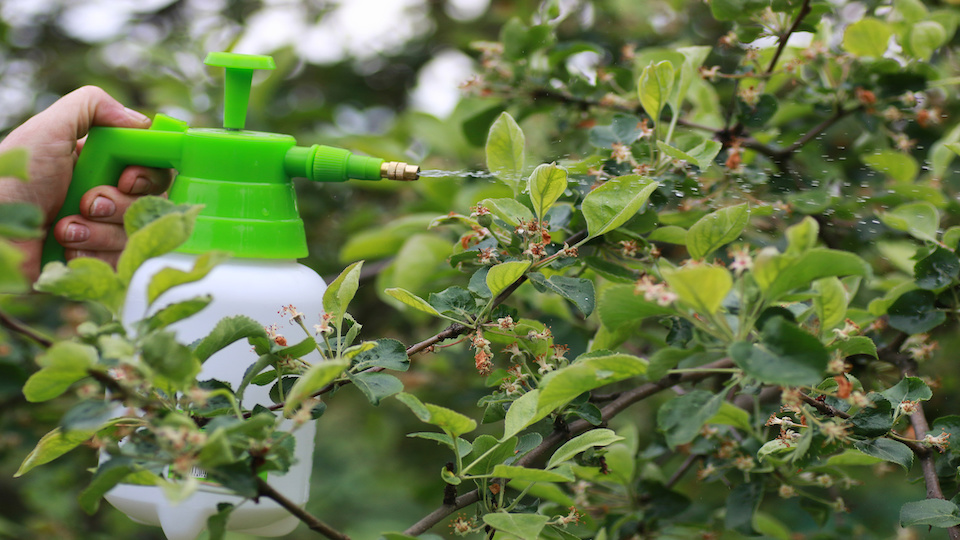What Happens to Your Body When You Eat Strawberries Every Day
Juicy, vibrant, and delicious—strawberries are more than just a pretty fruit. Packed with antioxidants, fiber, and essential nutrients, eating strawberries daily can unlock a wide range of health benefits for your brain, heart, gut, and beyond.
Eating just two servings of strawberries a day (about 2 cups fresh or 24 grams freeze-dried) has been linked to reduced inflammation, better heart function, and sharper memory. Their deep red hue comes from anthocyanins—potent plant compounds known for their antioxidant and anti-inflammatory powers. These help lower markers of inflammation and boost your body’s defense system.
Love Your Heart
Strawberries are loaded with fiber and antioxidants that support cardiovascular health. Regular consumption has been shown to lower LDL cholesterol, improve blood pressure, and reduce overall inflammation—all crucial for heart health.
Boost Your Brainpower
Want to keep your memory sharp? Strawberries may help. Studies show they support cognitive function and may slow down age-related decline. One study even linked higher strawberry intake to a 34% lower risk of developing Alzheimer’s disease.
Gut Check
Thanks to their fiber and polyphenol content, strawberries can act as natural prebiotics—fueling healthy gut bacteria and supporting digestive health.
Blood Sugar Benefits
Despite their natural sweetness, strawberries have a low glycemic index and may actually improve insulin sensitivity when eaten regularly.
Quick Nutrition Snapshot (1 cup sliced):
- Calories: 53
- Fiber: 3g
- Vitamin C: 97.5mg
- Folate: 40mcg
- Potassium: 254mg
Caution: People with strawberry allergies or IBS should be mindful of portion sizes. And always wash your berries—strawberries are highly perishable and can carry bacteria.Strawberry Tips: Snack on them fresh, toss into smoothies, top oatmeal, add to salads, or bake into bars. However you enjoy them, your body will thank you.


